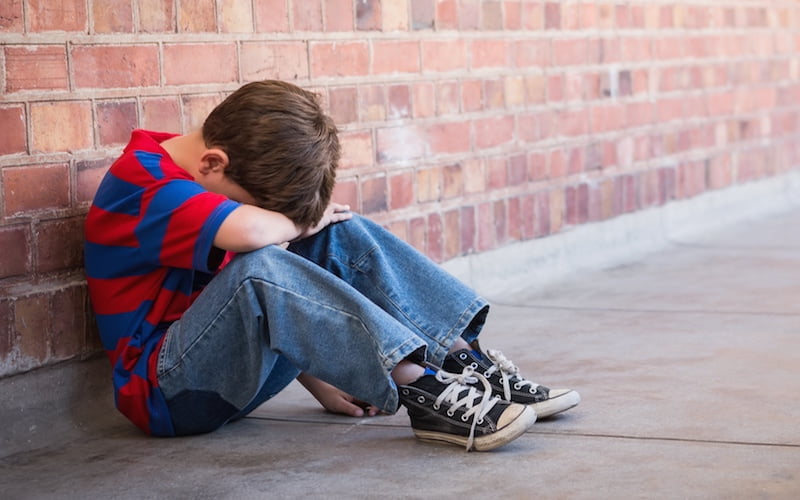Social-emotional learning has become the spotlight in helping children with their mental health issues since the pandemic.
Social-emotional learning is comprised of 5 components (social awareness, self-management, awareness, relationship building, and decision-making).
Teaching your child social-emotional learning (SEL) skills is crucial as it equips them with the tools necessary to navigate various aspects of life effectively.
These skills encompass self-awareness, self-regulation, empathy, relationship-building, and responsible decision-making.
By fostering SEL skills in children, parents not only help them manage their emotions and behaviors but also empower them to understand and empathize with others, communicate effectively, and establish healthy relationships.
This foundation lays the groundwork for success in both personal and professional spheres, enhancing resilience, problem-solving abilities, and overall well-being.
Moreover, SEL skills are integral for academic achievement, as they contribute to improved focus, motivation, and the ability to collaborate with peers.
Ultimately, investing in social-emotional learning sets the stage for a brighter, more empathetic, and harmonious future for children and society as a whole.
But how can we help our special needs students and children without disabilities at home home and school?
We can utilize workbooks, curriculums, and videos to help us so let’s take a look at the best social-emotional learning workbooks below.

Social-Emotional Workbooks
This is my very own Social-Emotional Learning workbook that you can get here. With over 50 fun pages ranging from math, reading, and writing practice and more.
This social-emotional learning workbook for kids is something that will help not only special needs children but any child with help self-regulating their emotions while completing fun activities.
Trauma-Informed Social-Emotional Toolbox for Children & Adolescents
Empower children and adolescents to cope with trauma and build resiliency written by expert clinicians, the activities in this workbook support a foundation of social-emotional language, an increase in consistency and routine, regulation of tough emotions, and the formation of connections with others.
Social Skills Activities for Kids

Social Skills Activities for Kids gives children the confidence to successfully navigate social situations at home, school, and the world in between. From keeping the conversation ball moving to learning to compromise to practicing good table manners, these engaging activities help kids develop and use their social skills as superpowers.
Anger Management Skills Workbook for Kids
While some children instinctively know how to regulate their emotions, plenty of others lack the skills they need to express their anger in healthy and effective ways. This warm, engaging workbook helps children ages 5-10 develop strong skills for managing their anger through 40 fun activities.
Dealing with stress, anxiety, and anger are important skills to learn, but not all kids learn those strategies naturally. The Coping Skills for Kids Workbook can help teach children to calm down, balance their energy and emotions, and process challenging feelings.
Conclusion
Overall we know that we can’t teach SEL (Social-Emotional Learning) all in one day to our children.
However, with great SEL workbooks, curriculums, and activities we have a better success rate of helping our students self-regulate their emotions and how they interact with their peers and others around them.
Take a look at some ways in which I incorporate SEL inside my classroom and how these skills can be transferrable at home.









